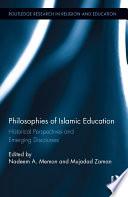A Case Study at Lumumba Secondary School in Zanzibar, Tanzania
This study is concerned with the methods used by Islamic Education Teachers to inculcate moral values at Lumumba Secondary School in Zanzibar. The objective of the study is to examine how the moral values can be integrated in the methods of teaching Islamic education and the impacts of these values to the students. The study intended to emphasize the practical application of moral values in view of both theoretical and practical knowledge in Islamic Education System. The study applied an analytical qualitative method to extract data from its sources. Also the documentary analysis was conducted on the primary sources along with interviews and classroom observation to explore effective methods and scrutinize the strengths and weaknesses of those methods as used by the teachers of Islamic Education in enhancing the moral values for the students at the identified School. The study revealed that, the task of a teacher is not confined only on imparting knowledge and skills to learners but also to enhance the students' moral conduct through Islamic values, ethics, and manners. The study also revealed that the success of an educational process to a large extent depends on the degrees of moral practices in Educational Institutions in cooperation with teachers, parents, religious leaders and community at large. Consistent with that, the study discovered that Islamic Education Teachers used different methods and approaches to inculcate moral values to the students. Among these are; questioning, seminars, group discussions, models, inductive, storytelling, metaphor and lecture based method, in which all of these were proved to be in conformity with the Qur'an and Sunnah of the Prophet [PBUH]. Consequently, the study recommends that at present and in future teachers in Zanzibar Schools should have to put weigh and focus on the same methods used by the teachers at Lumumba Secondary School to inculcate moral values to the students; this should go hand in hand with the Qur'an and Sunnah of the Prophet [PBUH] to improve their efforts in shaping students' behavior for success in their life. In doing so, the future youth will be saved from dragging in the world of moral decay. Finally, teachers must be constantly motivated and upgraded through different methods and techniques of teaching Islamic values including seminars, workshops and refresher courses in order to improve and raise the level of education among the teachers community.
Among these are; questioning, seminars, group discussions, models, inductive, storytelling, metaphor and lecture based method, in which all of these were proved to be in conformity with the Qur'an and Sunnah of the Prophet [PBUH].






